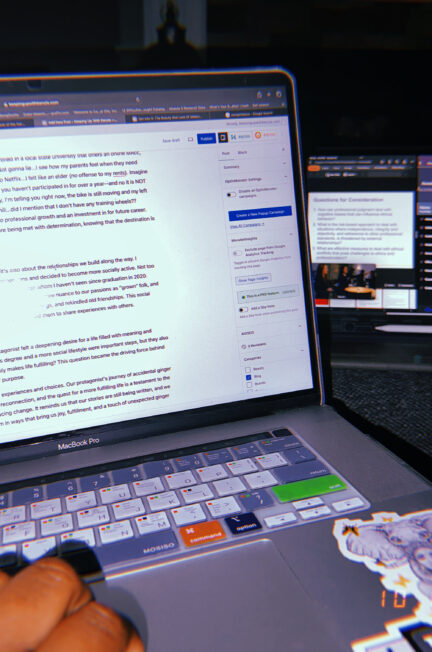In today’s fast-paced world, finding a balance between work, life, and school can feel like walking a tightrope. Each aspect demands time, energy, and focus, and juggling them can often seem overwhelming. However, achieving harmony between these spheres is not only possible but also essential for maintaining well-being and achieving personal and professional goals. Here’s a look at strategies and reflections on how to navigate this complex balancing act.
Understanding the Balance

First and foremost, it’s important to recognize that balance doesn’t mean giving equal time to work, life, and school every day. Instead, it’s about finding a rhythm that allows you to meet your commitments and take care of yourself without burning out. This balance is dynamic and will shift based on your priorities and responsibilities at different times.
Prioritizing and Planning
Effective time management is the cornerstone of balancing work, life, and school. Start by identifying your priorities. What tasks are urgent and important? What can be deferred or delegated? Using tools like planners, calendars, and digital apps can help you organize your schedule and ensure you allocate time for each area of your life.
-Work: Set clear boundaries around your work hours. I have THEE hardest time leaving work, AT work–especially since I work from home. I am grateful since my bosses don’t contact me outside of work hours unless it is necessary (i.e., important meetings, in-office day changes, etc.). I would recommend avoiding checking emails or taking calls outside of these hours whenever possible. Communicate your availability to your colleagues and supervisors to manage their expectations and be sure to abide by that to maintain your morale and establish boundaires.

– **Life:** Make time for family, friends, and hobbies. These are crucial for your mental health and overall happiness. Schedule regular activities that help you relax and recharge.
– **School:** Now comes the booger bear of you jumping from one blue light screen to the next. There were times when I would be on electronics for what felt like 12-15 hours a day. Dedicate specific times for studying and attending classes. Create a study environment free from distractions to maximize your focus and efficiency. I usually go to a very nice, low-profile library to decompress and socialize (somewhat) so I can have a moment to freshen my environment outside of my regular four walls.
Setting Realistic Goals
Having realistic and achievable goals for each area is key to maintaining balance. Break down large projects into smaller tasks and set deadlines for each. If you have Goodnotes there are templates available that have calendar dates for you to mark and track your progress. Celebrate your progress along the way, and don’t be too hard on yourself if things don’t go perfectly. Flexibility is crucial.
Self-Care is Non-Negotiable

Amidst all the responsibilities, self-care often takes a backseat. However, taking care of your physical, mental, and emotional health is essential. Make sure to get enough sleep, eat well, exercise, and practice mindfulness or meditation. These habits will help you stay resilient and better equipped to handle stress.
Building a Support System
You don’t have to do it all alone. Lean on your support network, whether it’s family, friends, classmates, or colleagues. Don’t hesitate to ask for help or delegate tasks when needed. Sometimes, just talking about your challenges can provide relief and new perspectives.
Embracing Flexibility
Life is unpredictable, and things don’t always go as planned. Be prepared to adapt and adjust your plans when necessary. Embrace a mindset of flexibility and resilience. This will help you navigate unexpected challenges without feeling overwhelmed.
Reflection and Adjustment
Regularly take time to reflect on your progress and how you feel about your current balance. Are you feeling stretched too thin in one area? Do you need to reallocate your time or adjust your goals? Reflection allows you to make necessary adjustments and find a balance that works better for you.
Conclusion
Balancing work, life, and school is an ongoing process that requires effort, planning, and a lot of self-compassion. By setting priorities, managing your time effectively, practicing self-care, and staying flexible, you can achieve a harmonious balance that supports your well-being and helps you reach your goals. Remember, it’s a journey, not a destination. Adjust as you go, celebrate your successes, and be kind to yourself along the way.



